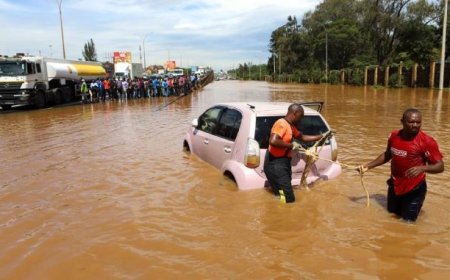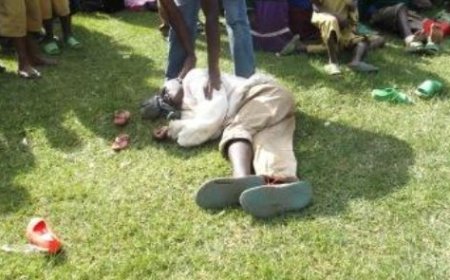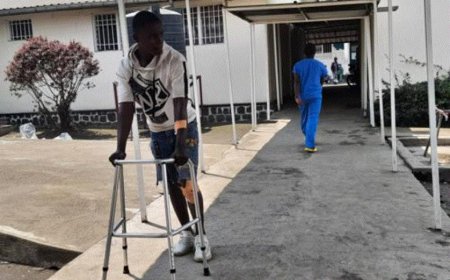African countries need to invest US$ 3.1 bn to improve early warning services.
The African Countries facing a lot of challenges because of major limitation in early warning systems and major limitation in observing systems. That is why African are priorities in the international early warnings for all initiative that seeks to ensure that everyone in the world is protected at the end of 2027. To achieve this, This continent needs to invest US$ 3.1 bn in the coming five years to improve early warning services in pilot countries
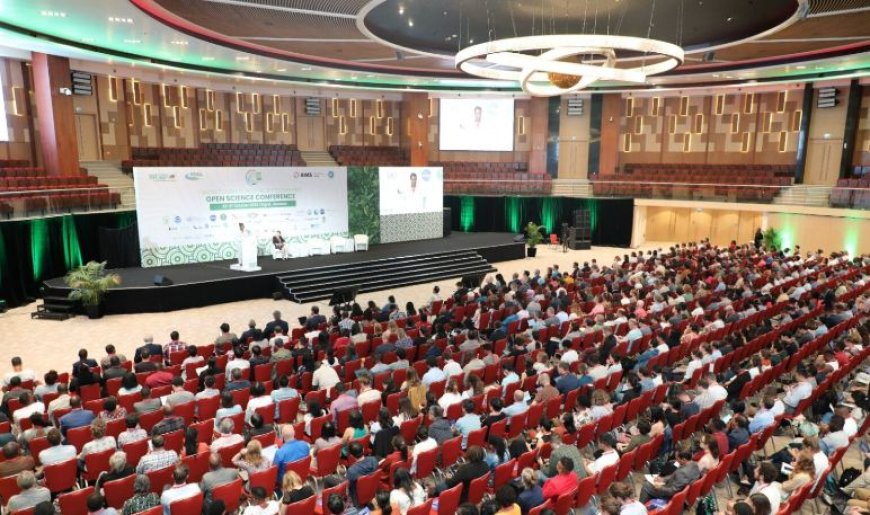
In the opening speech, in the WCRP/WMO summit held in Kigali from Monday, 23rd October to 27, 2023, Prof. Petteri Taalas, WMO Secretary-General, emphasized this.
He said that Negative trends in weather patterns will continue until at least 2060s. He noted that Africa needs to invest US$ 3.1 bn in the coming five years to improve early warning services in pilot countries.
"We have lost the battle for the melting of glaciers and sea level rise - for thousands of years, Prof Petteri said.
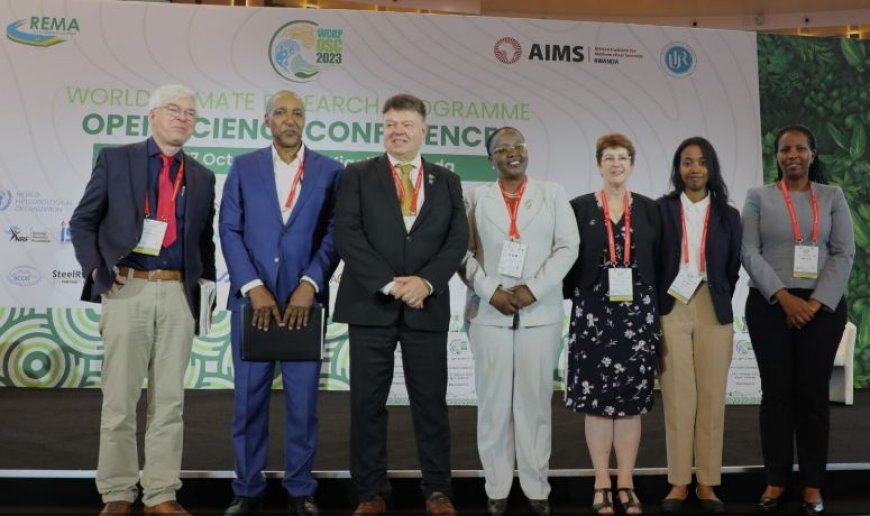
Amina Mohamed; UN Deputy Secretary-General said the Open Science Conference would be crucial to identify key breakthroughs in climate science and research and to ensure that nobody is left behind.
“Extreme heat and destructive wildfires are increasing, as well as extreme drought and water shortages. At the same time, there are devastating floods in other regions. Weather, climate, and water sciences provide the basis for climate action and can supercharge progress towards the sustainable development goals across the board,” she noted
She commends the World Climate Research Programme for this conference in Africa to focus on science must be at the core of solutions across the board…. The Global South often bears the brunt of the impacts of the changing climate.
"This conference reflects a commitment to meeting challenges. Let’s use this moment to advance at all levels and achieve an equitable, sustainable, and resilient future for 2030”, Amina Said.
Macharia Kamau (Special Envoy of former President Uhuru Kenyatta on the EAC-led Peace Effort on Eastern DRC and Commissioner, Office of the Former President of the Republic of Kenya; International Science Council) showed the participant how Africans live at the convergence of triple planetary crisis: climate change, biodiversity loss and lack of progress towards sustainable development.
“Climate justice and development justice are real concerns for us in Africa. The nexus of science and technology and climate action is a crucial point of concerted action needed to mitigate the impacts of climate change. We need a powerful alliance of science, research, and technology to inform policy on climate action, he said.
The researchers accept that developing countries have a lot of work to do to enhance climate planning.
"While all developing nations aspire to have a future of low transitioning, our progress is slow. It's not our pace which is slow. It's the global cooperation that is slow. In developing countries, we have a lot of work to do to enhance our climate planning. We expect reciprocation from developed countries to adapt to climate change, Lina Yassin; Researcher - Climate Change, International Institute for Environment and Development; said.
Helping developing countries is not an act of charity. " We hope that policymaking will be guided by climate research. We will be nowhere if not guided by science and climate research”, Lina Noted.
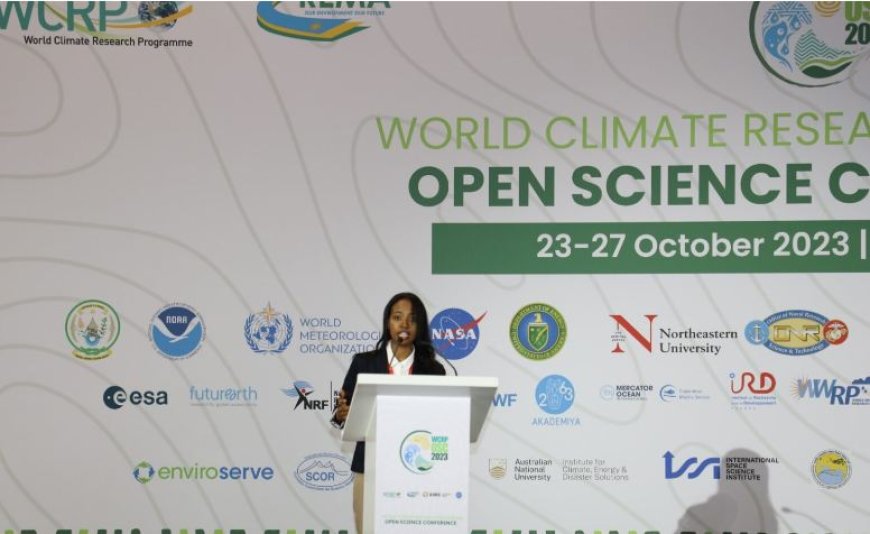
 Kinyarwanda
Kinyarwanda
 English
English









